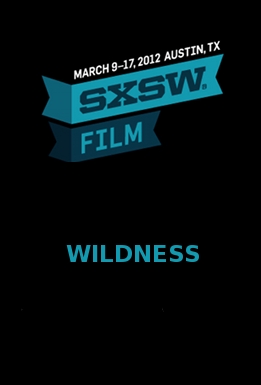In an attempt to give the transvestite world a voice, director Wu Tsang loses her focus amid the mass of information. As a result, Wildness fails to drive home any one point, instead attempting to handle countless issues plagued by the LGBT community of south Los Angeles: sexual preference, deportation, immigration, and legal resolution "” far too much for a mere 74-minute feature.
The film centers around the Silver Platter, an underground bar that provides a "safe space" for those in the LGBT community. Director Wu Tsang opted to give the place its own voice, having it serve as the narrator of the story as it serves as a safe haven for many immigrants in Southern Los Angeles who like to get 'dressed up.' At least that is how the film starts out.
Countless interviews with the bar's regular customers opens the door to other issues that Tsang simply cannot ignore. Its inability to focus is one is Wildness' biggest downfall as it ultimately fails to understand its own mission. And if it doesn't understand itself, how are we supposed to?
The film's title comes from a party that was thrown every Tuesday at the Silver Platter. Wu and three others were responsible for its creation, working endlessly to make it happen week in and week out. The event itself was one of major confusion as information was provided that both supported and condemned the radical change from the bar's normal atmosphere. Much like the film, it made people aware of the situation, but didn't do much to help them fully understand what they were feeling.

